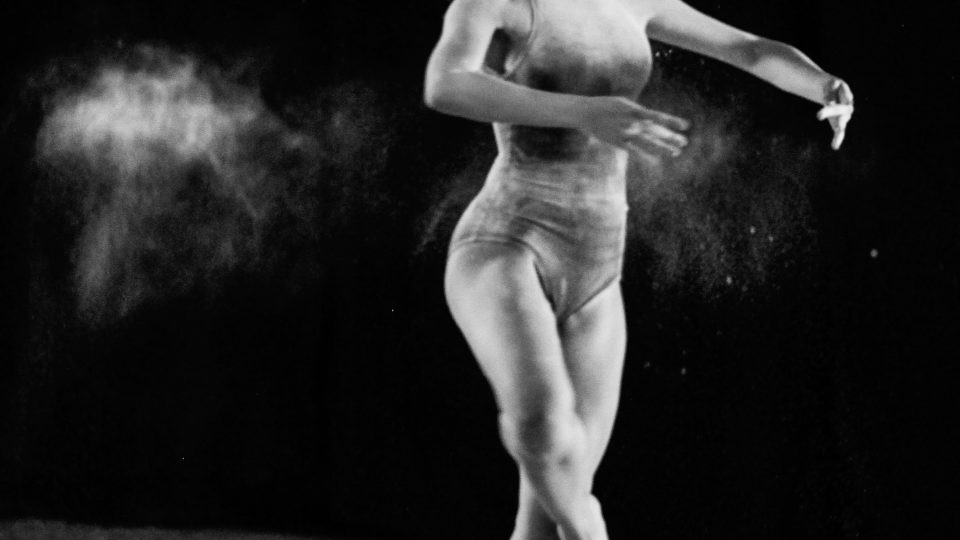Tag: Ambition
-

The Freelance Mindset
It’s a Lifestyle Being a freelancer is a unique experience that has its own set of challenges, but there are also many benefits to being an independent worker. Being your own boss means you get to set your own hours and work on projects that interest you most, but it also comes with its own…
-

The Ballerina Paradox
Photo from Unsplash by Wan Chen It Starts with One Single Step Once upon a time there was a little girl who wanted to be a ballerina. The average ballerina would spend about 8-10 years to train and become a professional. From the simple 2-3 classes a week, by the time they are midway through…
-

The Psychology of the Underdog
Photo by DISRUPTIVO on Unsplash They have always had the odds stacked against them but, when push comes to shove, they always keep trying their best; the underdog knows that their chances of victory are small but, for them they just need to know that they have a chance to keep going. We have seen…
